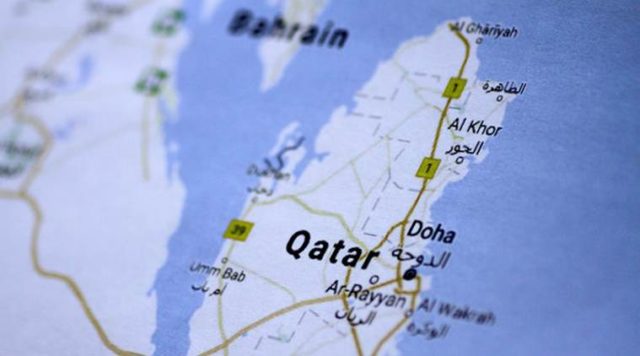The Qatar-Gulf Crisis is a major dispute currently happening in the Middle East. It began in June 2017 when several countries abruptly severed all diplomatic ties with Qatar. These countries are Saudi Arabia, the United Arab Emirates, Bahrain, Egypt, and the Maldives. Several other countries such as Yemen, Jordan, and Niger followed in their footsteps and downgraded their ties with the country. The sudden isolation of Qatar has left many people wondering why this even occurred at all and how this will impact not only the Middle East but also the rest of the world.
Historically, Qatar has already had differences with other Arab nations when it comes to issues such as its friendly relationship with Iran, its controversial choice of allies in what some would consider as extremist groups, and its interference with international relations. Recently, however, the country was accused of funding terrorism when it paid nearly $1 billion as ransom to a known Iraqi terrorist group to free 26 Qatari hostages. With a ransom so big, several Arab nations called out to the U.N. to investigate the matter at hand.
Tensions escalated when media coverage of Trump news reported that the President himself was accusing the American ally of ‘funding terrorism at the highest levels’. This straightforward interference in the Middle Eastern crisis triggered a coordinated regional movement to alienate Qatar. Since then, the crisis has impacted the country gravely, affecting businesses, travel operations, food imports, media outlets, oil prices, and millions of people.
One of the most recent consequences of the Qatar crisis is the cyber-attack on the Qatari state news giant Al Jazeera. Just moments after reports of the hacking, it was reported that some parts of the region could no longer view Al Jazeera on TV. It is not surprising that the media network would suffer from the crisis as Qatar’s Gulf neighbors have long accused the network of stirring trouble and its biased reporting. A similar cyber-attack was reported last month, saying that the hackers posted pro-terrorism statements on the network’s website.
Qatar’s plans as the host of the 2022 World Cup could also take a hard hit, as the country’s neighbors have blockaded its borders, denying use of their ports and airspace.
The event’s sponsor, Qatar Airways, will also have to make major changes in their operations since their planes can no longer pass through their neighboring countries. Instead, they will have to resort to more expensive travel routes as they pass through Iran and Turkey. Citizens of Saudi Arabia and the UAE were also banned from traveling to Doha.
Moreover, the crisis will devastate the country’s multi-billion dollar technological investments for the World Cup. It was reported that in preparation for the event, the country’s Khalifa Stadium was refurbished with a state-of-the-art cooling technology which will make the venue the first ever air-conditioned open-air stadium. It is equipped with hundreds of jet nozzles that will provide cool air for guests and players.
With economic and political instability plaguing the country, no one knows for sure if the technologies Qatar had built would be put to good use. A lot can happen in five years, but a lot also needs to happen in order to repair Qatar’s relationship with its neighbors. Right now, countries such as Turkey, Russia, Pakistan, Somalia, and Sudan have called on the Middle Eastern countries to show restraint and resolve this crisis with Qatar through dialogue. If push comes to shove, this crisis will not only be a regional issue, but a global one as well, and it is the common people who will suffer from it the most.








